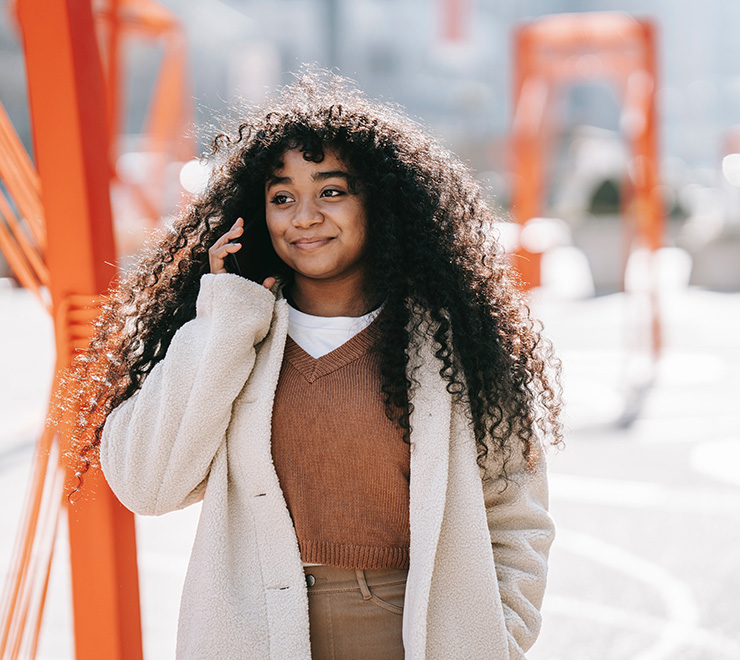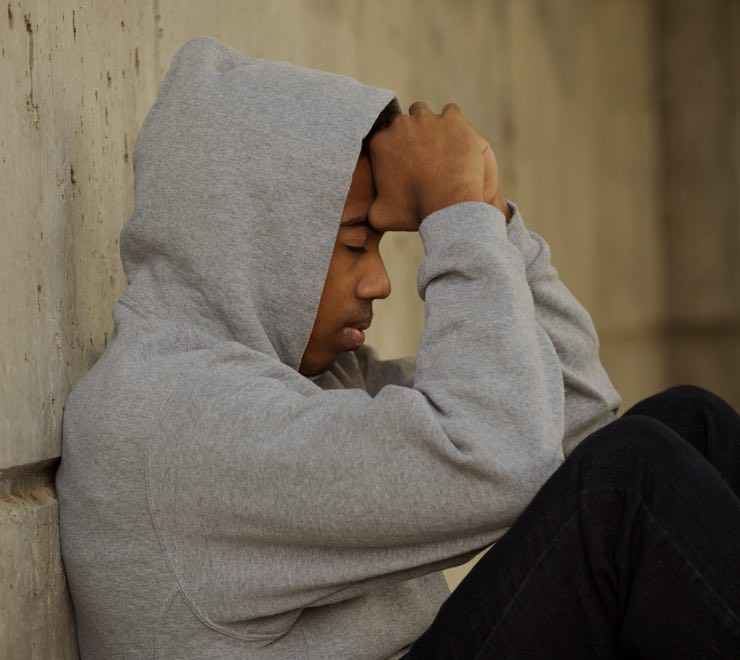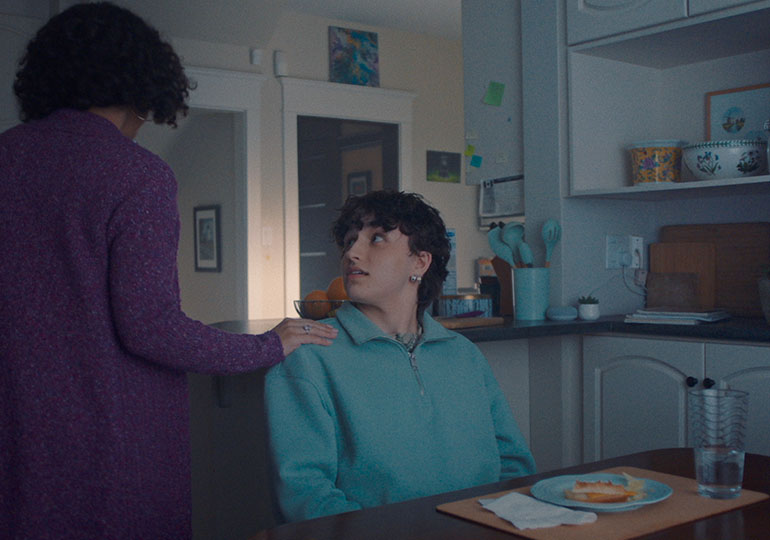Witnessing or learning about a tragedy can have deep personal impacts. If you’ve been affected by a traumatic event, there are things you can do to cope and get support.
A tragedy is a traumatic event that involves a large number of victims and/or a significant loss of life. It can have short- and long-term effects on individuals, families and entire communities. Examples of a tragedy include:
- a car crash
- a school shooting
- a terrorist attack
- a fire
- an explosion
- war
- a natural disaster
You may become aware of a tragedy by witnessing the event, knowing someone who was affected, being in the community or seeing it on the news/social media. Tragedies can impact the mental and physical health of those involved, as well as those who hear about it. You may feel:
- Fear: you may feel afraid that something like this may happen again. You may also feel fearful for your safety and the safety of people close to you, or scared to go to the place where the event happened.
- Guilt: sometimes, people feel emotions that surprise or shame them, like feeling relief that they weren’t hurt or the tragedy didn’t happen to anyone they know. This may turn into guilt for feeling this way or having these thoughts. Try to be compassionate with yourself while you process your feelings about the tragedy.
- Helpless: since tragedies are rare, they can often leave people wondering what to do or how to help. A traumatic event may leave you feeling vulnerable or frustrated that you’re unable to help.
- Numb: when people become overwhelmed, their minds may try to protect themselves by shutting out emotion or becoming numb. You may find yourself isolating from others, feeling withdrawn or no longer being interested in activities you once enjoyed.
- Strong emotions: it’s natural to feel strong emotions following a tragedy. These feelings may appear suddenly and be overwhelming. It’s OK if you feel differently than others — there is no “right” emotion following a tragedy. Many people feel sad, angry, surprised or sympathetic.
Some people may also experience:
- panic attacks and/or anxiety
- trouble sleeping (e.g. nightmares or difficulty falling asleep)
- a shift in perspective (e.g. feeling like life is short)
- a change in spirituality/faith (e.g. seeking answers for why it happened)
- feelings of confusion, anger, rage, denial and/or hopelessness
- shock
- flashbacks (e.g. reliving the event)
You may experience some, all or none of these things. Everyone responds to traumatic events differently, and there is no “right” way to react. If you’re struggling to process what happened, or to manage your thoughts and feelings, it’s important to find ways to cope. Here are some things you can do to feel better and get support:
- Talk to others: while it can be instinctive to isolate yourself, sharing your feelings and experience with others can help you process and be a reminder you’re not alone. It’s likely that other people in your family or community are feeling the same way you are. Spending time with loved ones can help you talk through your feelings. You can also ask some friends, family members or neighbours to form a healing circle or join a support group to talk about the loss, memories, etc. together.
- Take time to grieve: it can help to participate in community events, memorials or vigils to mourn and remember those who lost their lives. Some people choose to show their support on social media, too. Remember, it may take a while for you and your community to heal, but you won’t feel this way forever.
- Find ways to heal: it’s important to find ways to heal that work for you. You can try journaling, praying, smudging, cleansing, meditating, spending time in nature or anything else that makes you feel better about the loss and moving on.
- Look for the positive: try to focus on the good things in the world and in your life. Concentrating on your breathing or grounding yourself can help clear your mind so that you can focus on the positive. When your community is going through a rough time, it can also help to do something kind for someone else (e.g. volunteer at a local charity).
- Reach out for professional support: if you’re struggling, you may need to work through your thoughts and feelings with someone who can help. You can consider speaking with a professional (e.g. a teacher, doctor, therapist, psychologist or other safe adult) about what happened. Some communities set up emergency support services you can contact after the event (such as hotlines or crisis centres). Remember, Kids Help Phone’s counsellors are available 24/7 at 1-800-668-6868. You can also search for services in your area using Resources Around Me.
It takes time, support and compassion to heal after a tragedy, but you and your community can recover and flourish again. Remember to ask for help if you need it and focus on what’s most important to you. Over time, things will start to get better.










